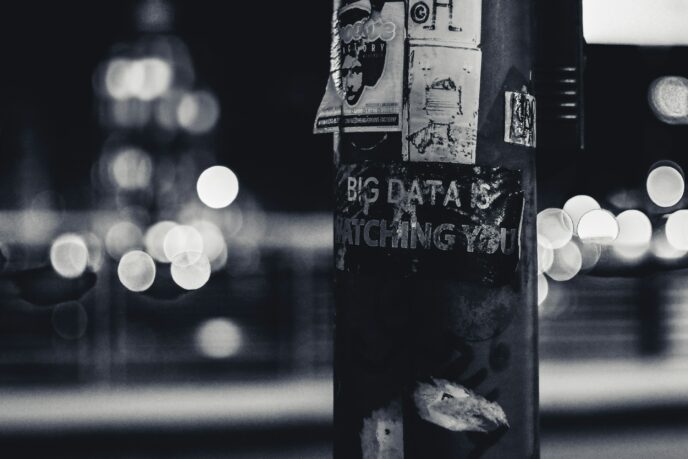Privacy in Online Education

In online learning, students have the right to demand that their personal information be safeguarded and utilized solely to benefit their educational goals. This involves the safe management of personal data, limited access to information, and clear communication on the reasons and methods of data collection. This anticipation is based on the requirement of upholding trust between students and educational institutions. Creating a safe learning environment builds trust and respect among students, which is essential for successful learning.
Balancing Privacy and Educational Requirements
In some cases, student privacy may be affected by the requirement to utilize specific tools, such as when using proctoring software for online exams. In certain situations, prioritizing academic honesty may be more important than addressing some privacy worries. Nevertheless, it is crucial to counteract this by enforcing strict data protection protocols, reducing data gathering, and transparently explaining the intent and extent of these tools to students. Schools and teachers must make sure that any gathered data is only used for the intended educational goals, securely stored, and deleted when no longer necessary.
Design that benefits everyone in learning (UDL)
The UDL framework was originally created to assist students with learning disabilities, and now aims to prevent various forms of exclusion in education. UDL has achieved success in virtual learning environments because it provides various ways of presenting information (such as text, audio, and video), attracts students through interactive tools and gamification, and allows for different ways of presenting understanding (such as written assignments, presentations, and projects). UDL supports educational diversity by providing resources in different formats to meet the needs and preferences of all learners. For example, this video has detailed demonstrated the definition, benefits, principles, collaboration and incorporation of Universal Design for Learning.
Ethics and the Use of Digital Tools in the Educational Setting

When choosing and utilizing digital tools for education, one must consider various ethical factors. The most important aspect is the protection and safety of student information. Educators and institutions should select tools that give priority to safeguarding data and have clear privacy policies. Moreover, the reliability and fact-checking of information from these tools are essential for educational content. Equitable access is also crucial—all students should have access to tools, regardless of their economic status. Institutions can promote ethical technology use by setting forth explicit guidelines, providing training to educators on ethical factors, and consistently assessing the effects of these tools on student learning and wellness.
Educators can establish a more inclusive, secure, and effective digital learning environment by focusing on privacy, privacy versus educational needs balance, UDL, and ethical use of digital tools. These initiatives help cater to a variety of learning requirements and also establish a basis of trust and honesty in the educational journey.


Zhining Liu
Hi Hengtai. Your blog delves into the importance of privacy and UDL in online education. First, the blog emphasizes the right of students to demand protection of their personal information in an online learning environment, which not only helps to build trust, but is also critical to successful learning. Second, the blog notes that in some cases, the use of specific tools, such as proctoring software for online exams, may be necessary to ensure academic integrity, even though this may compromise student privacy. Schools and teachers must strictly protect the data and promptly delete it when it is no longer needed. I couldn’t agree more with what you said, and similarly mentioned the issue of proctored exams in my blog. And I think it is very necessary. The blog also discusses ethical issues when choosing and using digital tools, emphasizing the importance of protecting student information and ensuring that all students have fair access to these tools. These initiatives not only meet the learning needs of diverse students, but also build a foundation of trust and honesty in the educational process. I think your blog is very comprehensively written, I enjoyed it and look forward to your next blog.